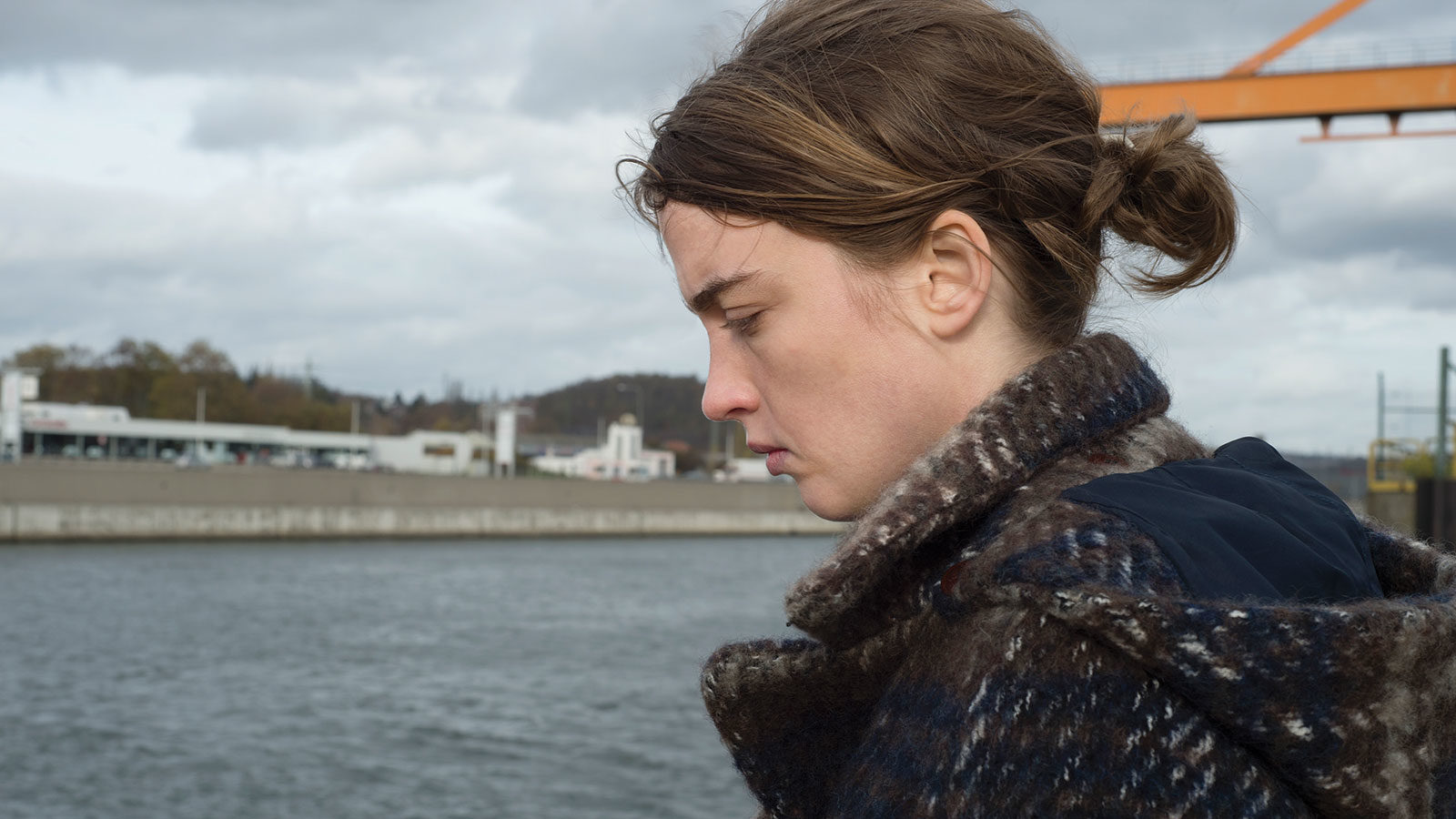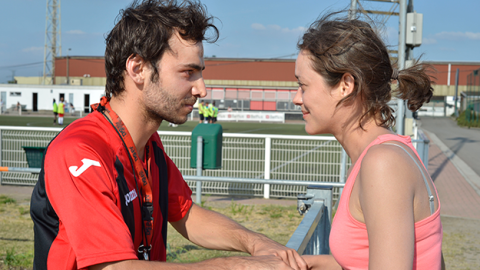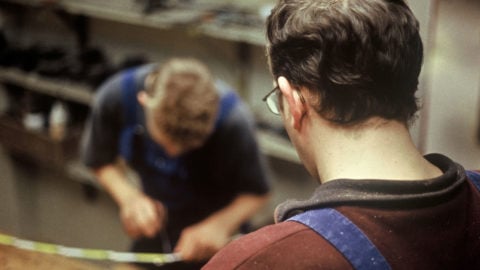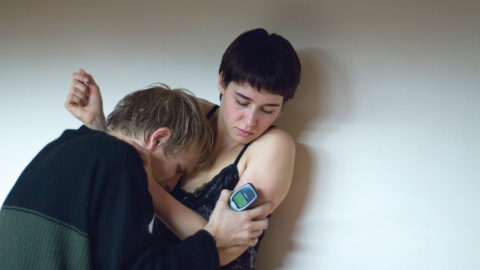
Short Take: The Unknown Girl
A central tenet of feminist film theory holds that the havoc wreaked on the bodies of women propels narrative storytelling. The new film by Jean-Pierre and Luc Dardenne, The Unknown Girl, revolves around the body of the title character, once a young doctor, Jenny Davin (Adèle Haenel), makes a simple choice that has fatal consequences for a woman she has never met. Yet rather than thrill us with a murdered woman or clobber us with moral probity, the film urges us toward ethical inquiry.

The film’s power resides in Davin’s growing awareness of her need to uncover the identity of the unknown girl, who comes in distress to her clinic but isn’t admitted because of the late hour. As Davin starts to investigate, that awareness is reflected on her face and, thanks to the delicacy of Haenel’s understated performance, the quiver of her jaw and the furrowing of her brow register as epiphanies. As with many of the previous films made by the prolific Belgian duo, their tenth narrative feature reveals the devastating effects of social inequities, which brutally entangle those who too often remain fundamentally invisible and entirely unknown.
At the heart of the story, however, is a question that holds particular resonance now, in a time of political upheaval and catastrophic environmental change: how do you make amends for something you did—or perhaps more poignantly, failed to do—when the consequences are unintended?







